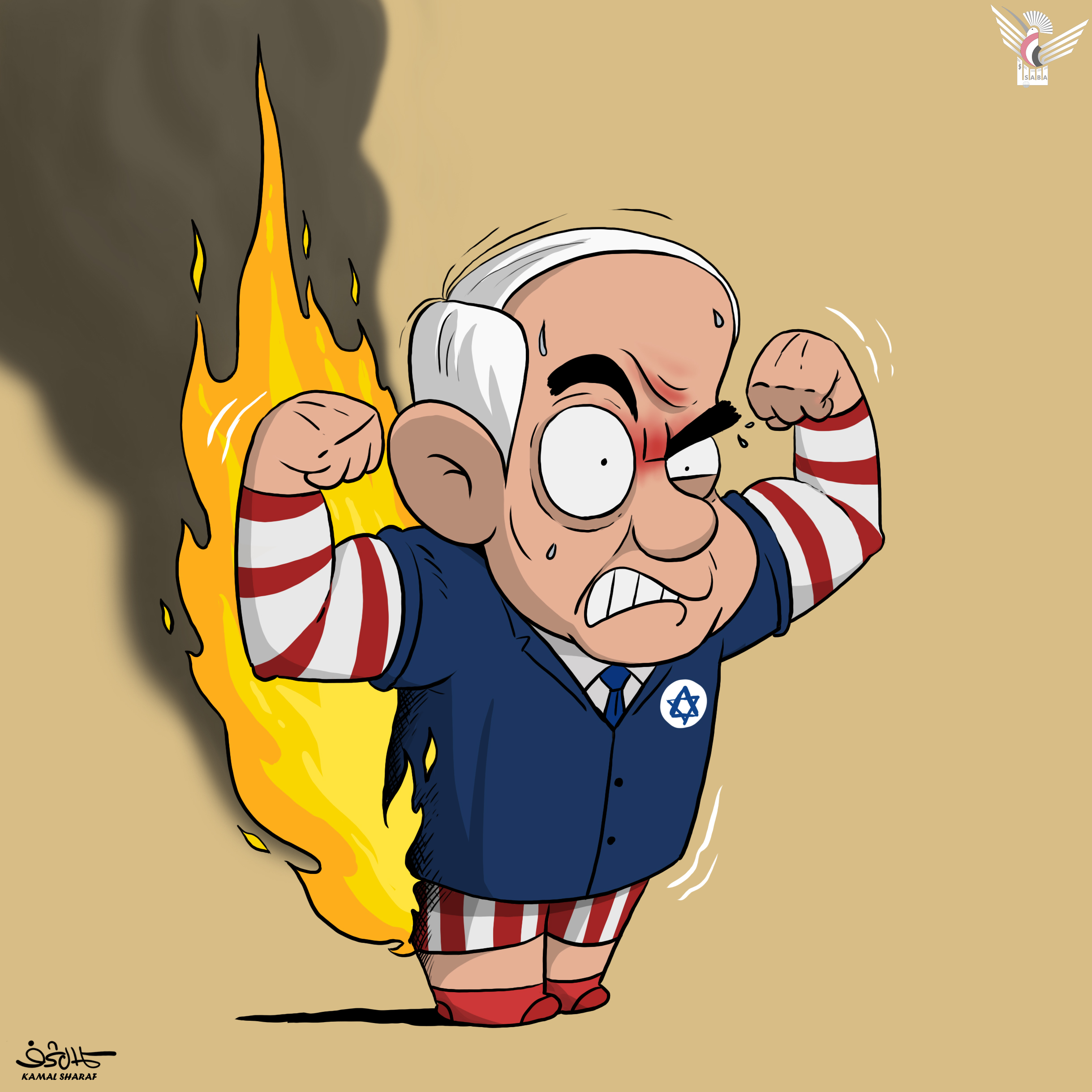Moscow - Saba:
Russian Foreign Ministry Spokesperson Maria Zakharova called on NATO and European Union countries to comment on yesterday's telephone conversation between the Russian and French presidents.
According to the Russian RT channel, Zakharova's remarks came in an interview with Sputnik Radio this morning, where she continued: "During the NATO and EU summits, they talked about firmness, sanctions, containment, and other matters. I would like to hear from them now how they assess their colleague's move: Did they agree on this at the NATO or EU summit? Did their ally warn them that he would make the call? Was this position agreed upon? And at what level? Perhaps they will discuss all of this today. Today is the day of questions for NATO and the EU countries. Let them discuss it."
Zakharova also indicated that the French embassy in Russia should also comment on the conversation, adding: "The embassy can also comment. When accusations against our country begin, they are good at talking. Now, perhaps they will comment on the reality. Please comment from the French side and tell us about their motives, why now specifically, and what is the motivation behind the conversation?"
Russian President Vladimir Putin spoke with his French counterpart, Emmanuel Macron, for the first time in nearly three years, according to RIA Novosti. The two leaders had not spoken for 1,024 days, the Kremlin press office reported earlier on Tuesday. The conversation was substantive, as Putin and Macron discussed the situation around Ukraine, the Iran-Israel confrontation, and the US strikes on Iranian nuclear facilities.
Regarding the prospects for a Ukrainian settlement, President Putin said the Ukrainian conflict was a "direct result of Western policies." He stressed that the agreements reached "must be comprehensive and long-term," provide for the elimination of the root causes of the Ukrainian crisis, and be based on the new regional realities on the ground.
The Kremlin also reported that the two presidents emphasized the importance of respecting Tehran's legitimate right to peaceful nuclear energy and continuing to fulfill its obligations under the Treaty on the Non-Proliferation of Nuclear Weapons, including cooperation with the International Atomic Energy Agency.
The two leaders expressed their support for resolving the crisis over Iran's nuclear program through political and diplomatic means.

| more of (International) |




